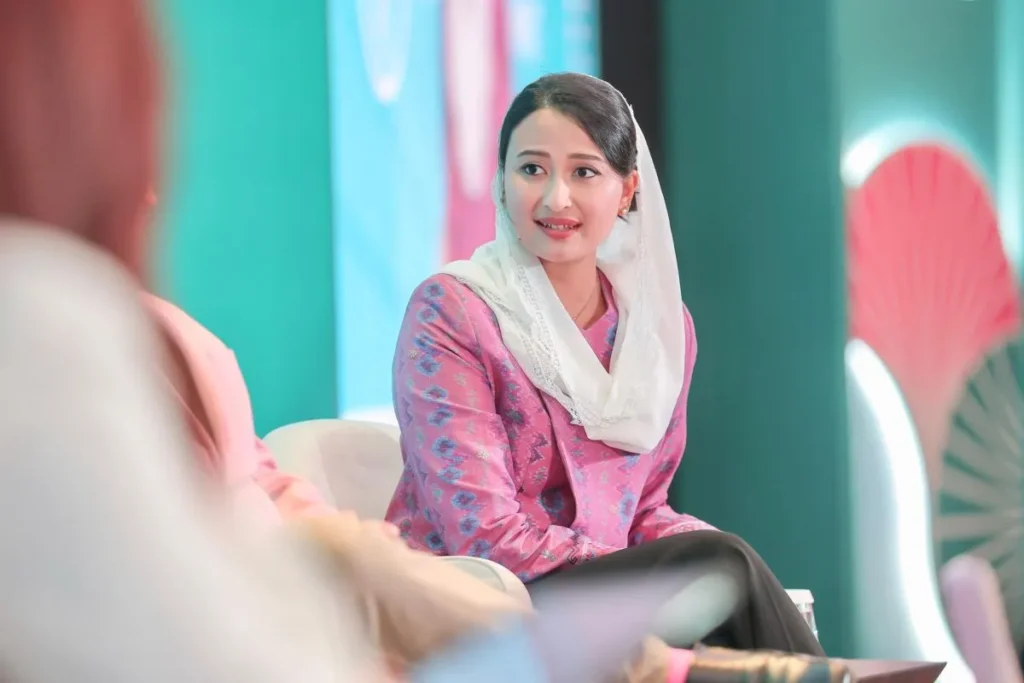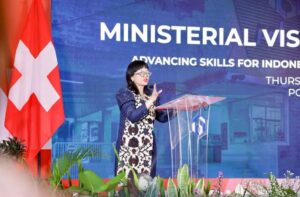Indonesia Urges MSMEs to Maximize Global Trade Opportunities through International Agreements

Jakarta, The Gulf Observer: Deputy Minister of Trade Dyah Roro Esti has called on business players, particularly micro, small, and medium enterprises (MSMEs), to take full advantage of Indonesia’s trade agreements with international partners to expand their market presence and strengthen competitiveness.
In a statement received on Saturday, Esti underscored that globalization represents the interconnectedness of nations, with trade being one of the main sectors benefiting from this dynamic.
“Although current geopolitical developments are steering globalization toward multipolarity, Indonesia remains steadfast in maintaining openness and engagement with the global community, in accordance with our foreign policy principles,” she said.
Speaking at the Milken Institute Asia Summit 2025 in Singapore on Thursday (October 2), during a session titled “Can Globalization Be Great Again? Doing Business in a Changing World,” Esti outlined Indonesia’s strategies for addressing global challenges through expanded market access and inclusive economic cooperation.
She emphasized that Indonesia continues to broaden its global reach through a series of trade agreements, including the recently signed Indonesia–Canada Comprehensive Economic Partnership Agreement (CEPA) in Ottawa on September 24, 2025.
“Indonesia has so far expanded market access through 24 trade agreements with 30 countries, including the Indonesia–EU CEPA and the Indonesia–Peru CEPA,” Esti noted.
She added that Indonesia is also exploring non-traditional markets, particularly in Africa, such as Tunisia and Mozambique, as part of efforts to adapt to evolving global trade dynamics.
From January to August 2025, Indonesia’s export value increased by 7.72 percent year-on-year to US$185.13 billion, while the country recorded a trade surplus of US$29.14 billion — marking its 64th consecutive month of surplus.
Esti further stated that Indonesia is not only focusing on expanding export destinations but also promoting trade in services across various sectors, including retail, e-commerce, logistics, healthcare and nursing, banking, tourism, culinary arts, design, fashion, and construction.
“Such diversification ensures that Indonesia’s economy and trade are not solely dependent on goods,” she said.
She also highlighted the importance of balancing domestic priorities with global engagement to enhance national competitiveness. This strategy, Esti noted, aligns with President Prabowo Subianto’s Asta Cita vision, which emphasizes downstream industrialization, food and energy security, and human resource development.
According to Esti, the government remains committed to creating growth opportunities for domestic enterprises while mitigating potential negative impacts of globalization.
“The government’s current policy focus is on downstream development in the industrial, plantation, and fisheries sectors, which will generate multiplier effects through job creation and the transfer of knowledge and technology,” she explained.
Concluding her remarks, Esti urged business players to continue innovating and adhering to international trade standards to strengthen Indonesia’s position in the global market.
“By working hand in hand with the government, we can foster a conducive business climate and attract greater investment,” she affirmed.


